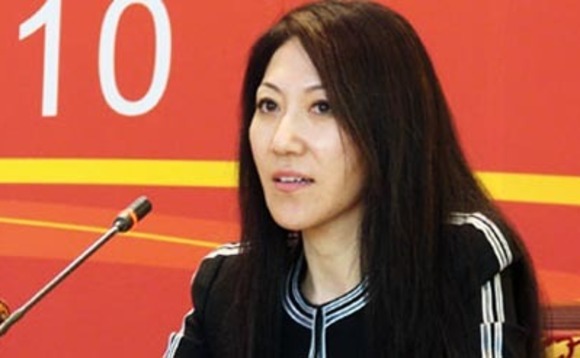
Morgan Stanley on track for KKR/TPG CICC exit

US private equity giants Kohlberg Kravis Roberts & Co. (KKR) and TPG Capital have emerged as the final bidders in the auction to take the 34.3% stake in China International Capital Corp (CICC), the nation’s largest investment bank, from Morgan Stanley for more than $1 billion.
Bain Capital, also believed to be in the final round of bidding, has meanwhile disappeared from the race.
The billion-dollar sale of the stake in CICC, whose majority owner is China Inve...
Latest News
Asian GPs slow implementation of ESG policies - survey
Asia-based private equity firms are assigning more dedicated resources to environment, social, and governance (ESG) programmes, but policy changes have slowed in the past 12 months, in part due to concerns raised internally and by LPs, according to a...
Singapore fintech start-up LXA gets $10m seed round
New Enterprise Associates (NEA) has led a USD 10m seed round for Singapore’s LXA, a financial technology start-up launched by a former Asia senior executive at The Blackstone Group.
India's InCred announces $60m round, claims unicorn status
Indian non-bank lender InCred Financial Services said it has received INR 5bn (USD 60m) at a valuation of at least USD 1bn from unnamed investors including “a global private equity fund.”
Insight leads $50m round for Australia's Roller
Insight Partners has led a USD 50m round for Australia’s Roller, a venue management software provider specializing in family fun parks.








